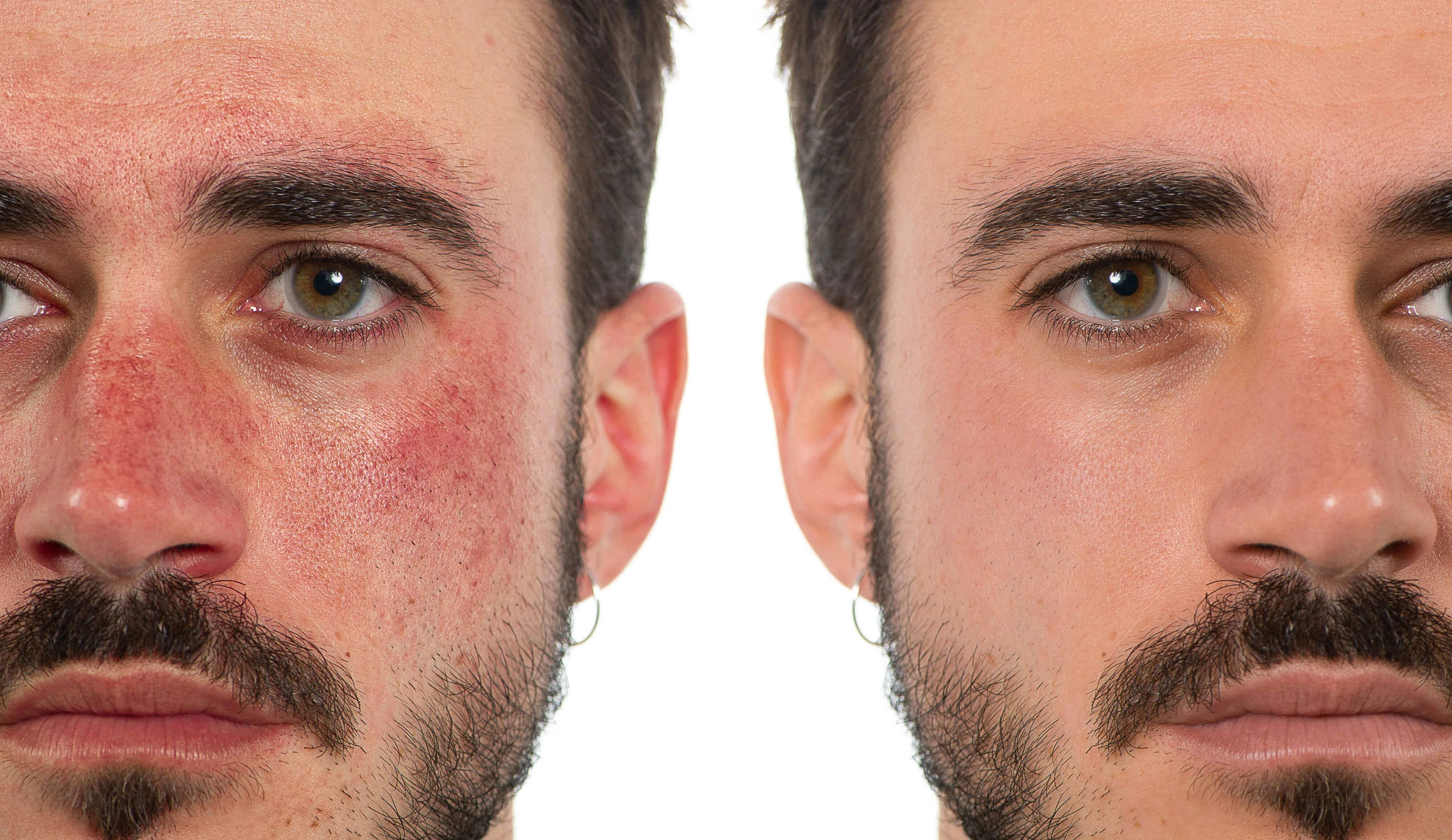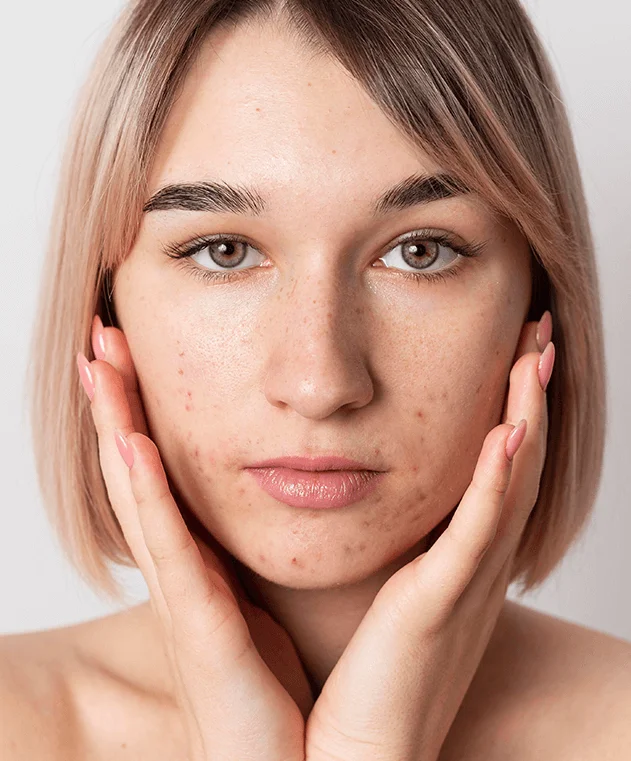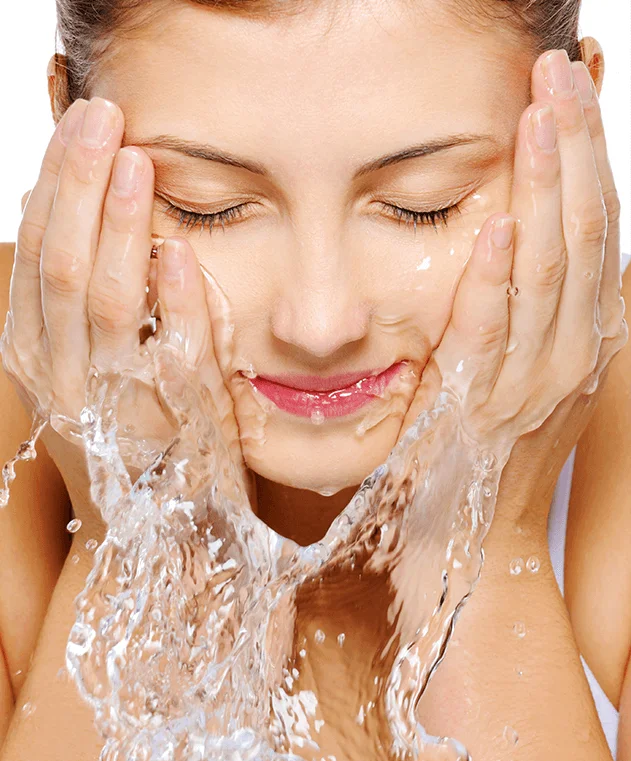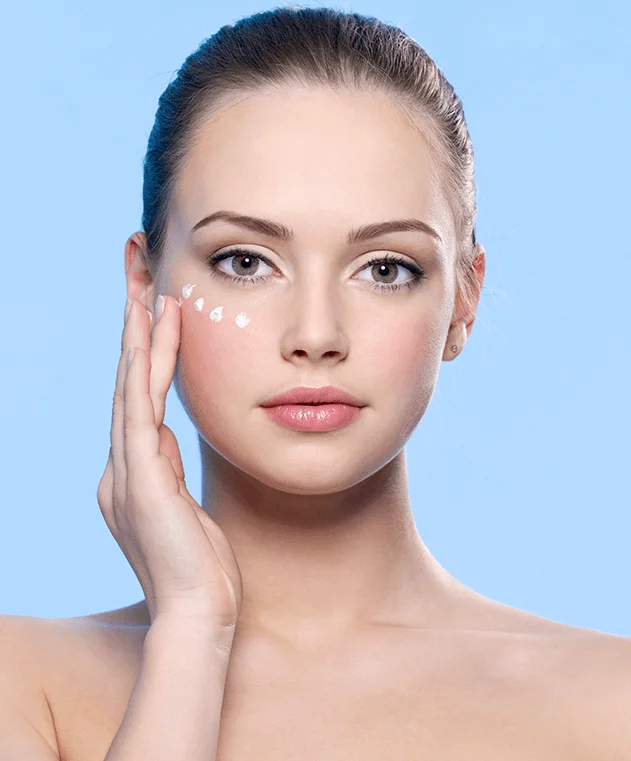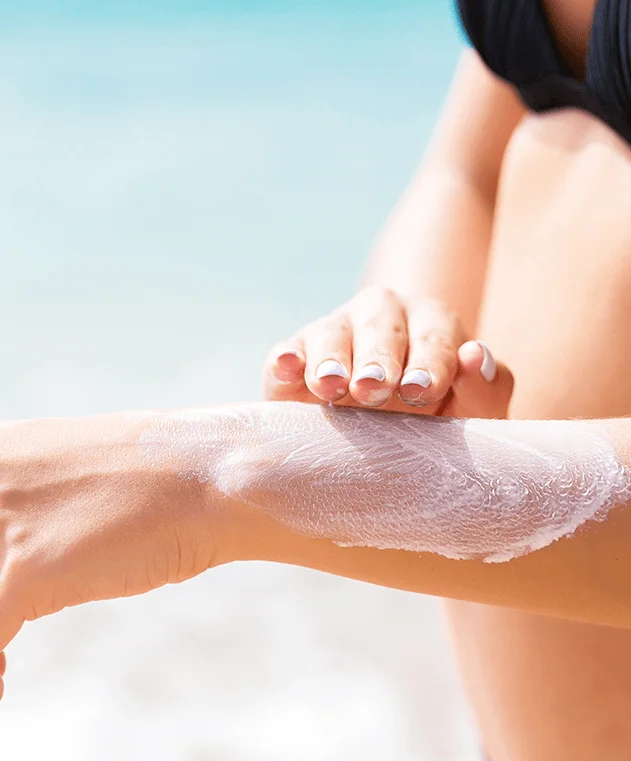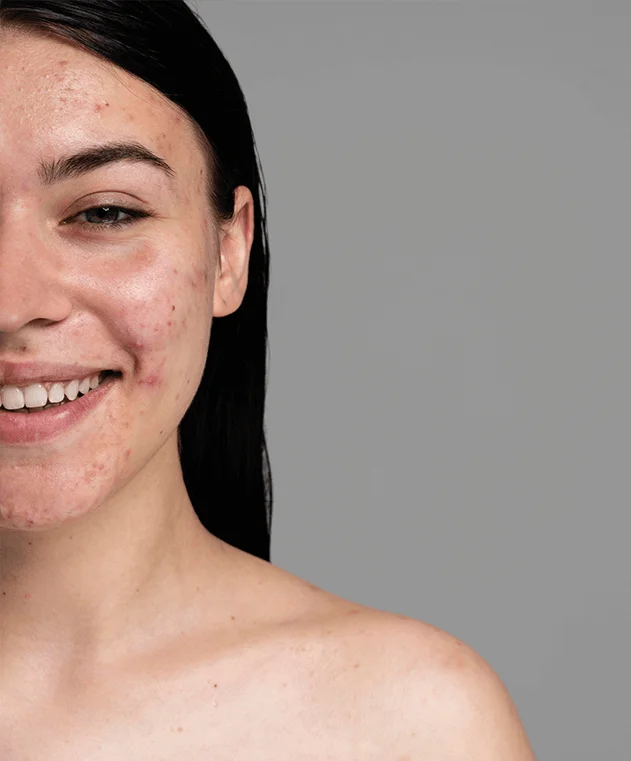

Rosacea
Rosacea is a common skin condition that affects the face and causes redness, bumps, and pimples. It usually starts in adulthood, but it can also affect children.
The cause of rosacea is unknown. The main symptom is flushing, which occurs when blood vessels on your face dilate (open wider) and then become irritated. The dilation causes the congestion of blood vessels underneath your skin, which leads to bumps and pimples.
